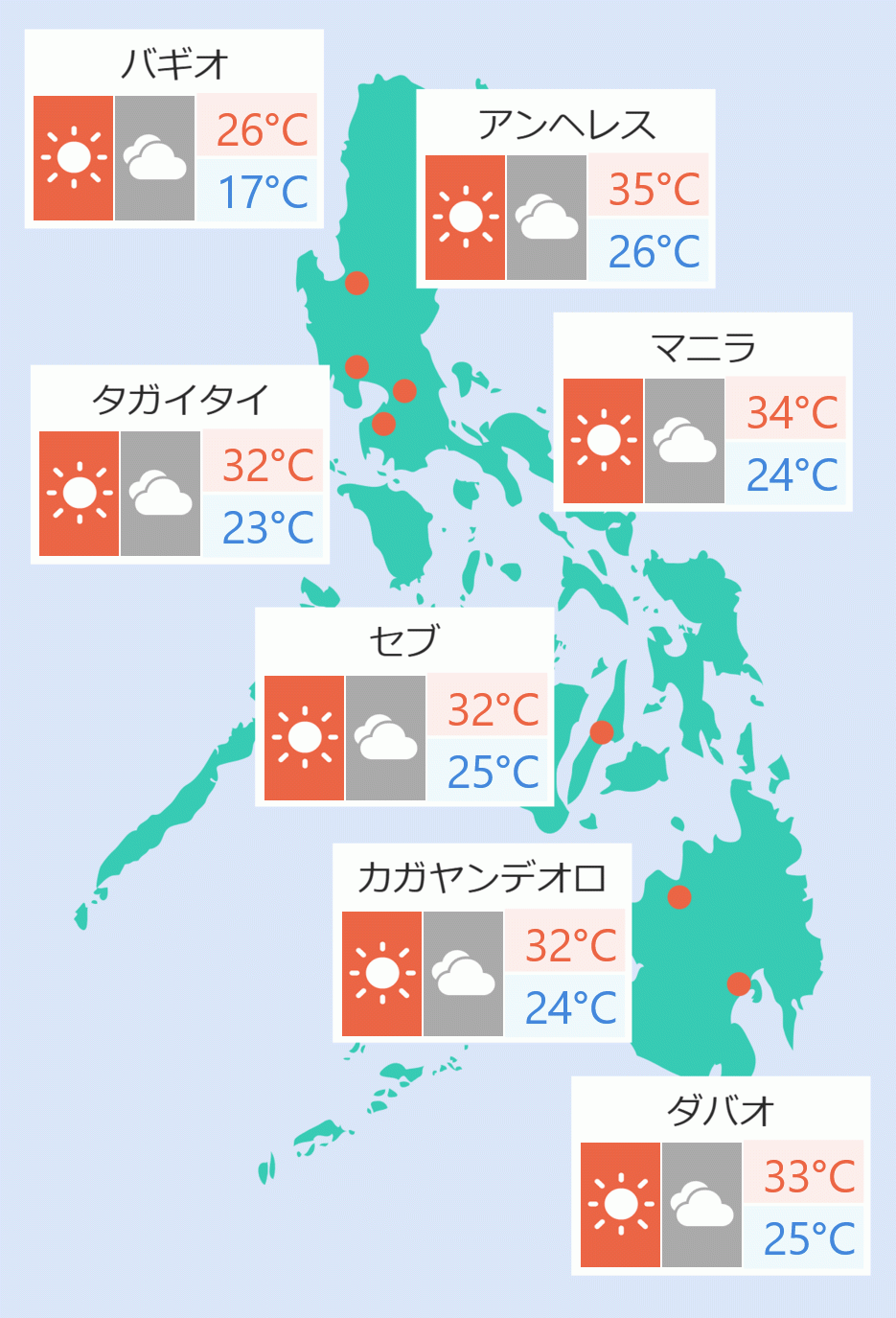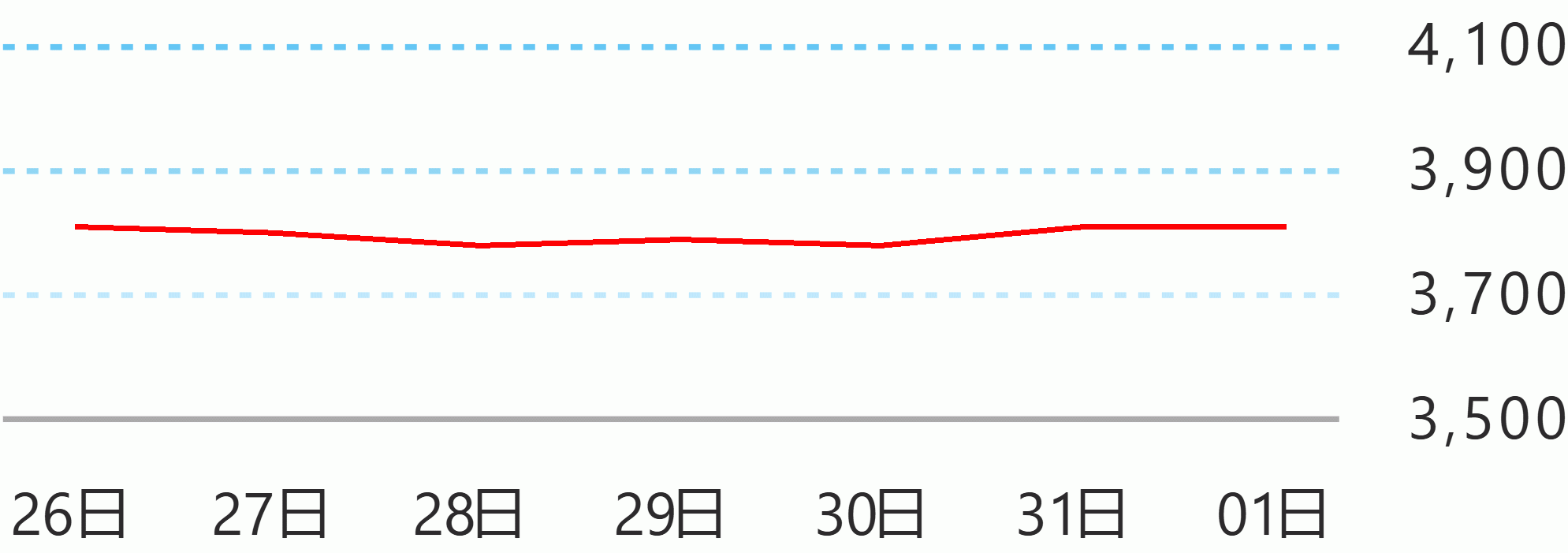By Robina Asido
The Philippine Statistics Authority (PSA) remained cautious if the downtrend in inflation will continue in the next few months amid the possible threat of El Nino.
March inflation was at 7.6 percent from 8.6 percent in February.
In a press briefing, PSA Undersecretary Dennis Mapa said output of agricultural commodities in the country will be shown in a report that they will release next month.
"We are monitoring the effect of El Nino and the water crisis, of course its effect on our agri production. We will be reporting soon next month, I think in the first week, we will see the situation for the first quarter of the agricultural commodities," he said.
"These are the crops, rice, corn, and other crops, we also have fish, of course meat, and poultry products. So... we will see, what is the volume of production for the first quarter," he added.
However, Finance Secretary Benjamin Diokno said the government is "determined to sustain this downtrend" in the inflation rate.
“Inflation pressures have moderated in March 2023. This is a welcome development and we are determined to sustain this downtrend. On the fiscal side, we are resolute in our commitment to intensify the timely implementation of direct measures to curb persistent inflation and mitigate its impact on the most vulnerable sectors,” he said.
According to PSA, "the deceleration can be attributed to the lower contribution of food and non-alcoholic beverages, transport, and housing, water, electricity, gas, and other fuels to overall inflation."
"While inflation of food and electricity, gas, and other fuels slowed down in March, these items remain to have the highest contribution for the month contributing 3.29 percentage points (ppt) and 0.79 ppt, respectively," it added.
Mapa noted that sugar inflation slightly decreased but its contribution to the overall inflation for March is still significant.
"The contribution of sugar is still high... but the drop is very small. The retail price of sugar in Metro Manila and areas outside Metro Manila has a very slight movement, very small. That's why it's contributing significantly higher in terms of the inflation," he said.
As he confirmed the rising prices of rice in the country, Mapa noted that the increase is "really small" because of the Rice TarifficationLaw.
"We have to wait for the first quarter volume of production of unhusked rice... We see that it is slowly increasing, but the price of rice is really getting higher both in the National Capital Region and outside the National Capital Region," he said.
"We are saying that it increases but if you'll notice, what's good about it is, compared to the previous spike of inflation in 2018, the month-on-month is smaller. In fact, there are times it is negative and there are times it's just flat. So the increases are really small, substantially smaller now, compared to the previous years wherein we don't have the Rice Tariffication (Law)," he added. DMS





 English
English










